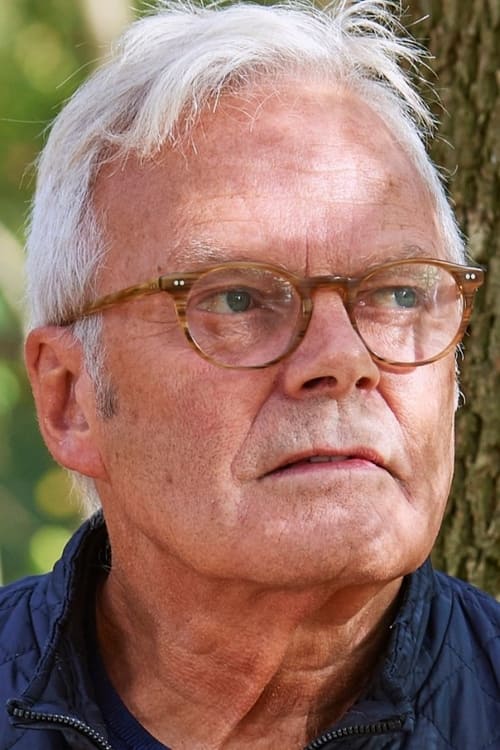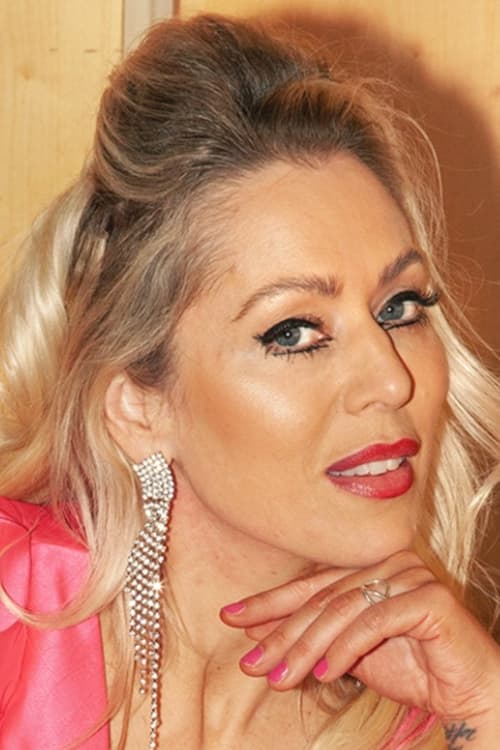Cast & Crew
2 members
Acting
Jarl Friis-Mikkelsen
Vært

Acting
Jeanett Albeck
Kapelmester

Similar TV Shows
Recommended Tv Shows

No Recommendations Yet
We're working on finding the perfect shows for you. Check back soon!
More shows coming soon
Vært

Kapelmester


We're working on finding the perfect shows for you. Check back soon!